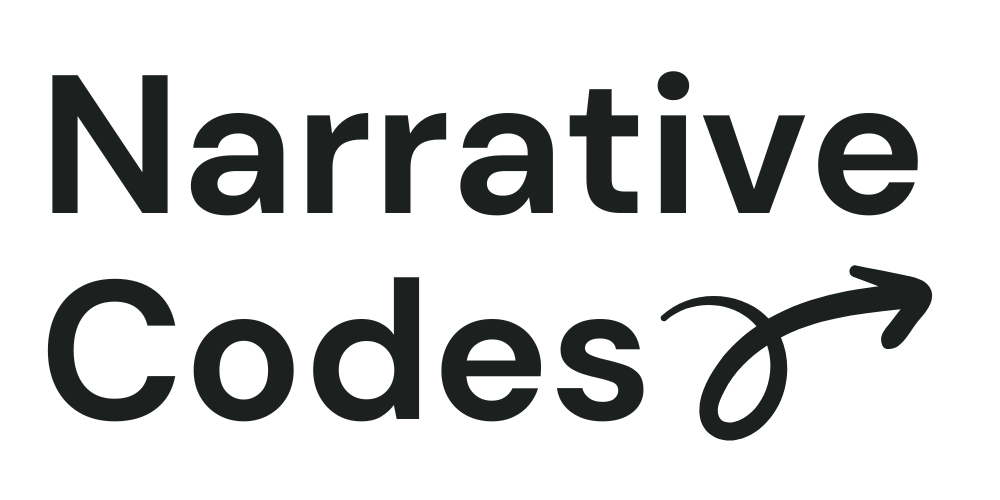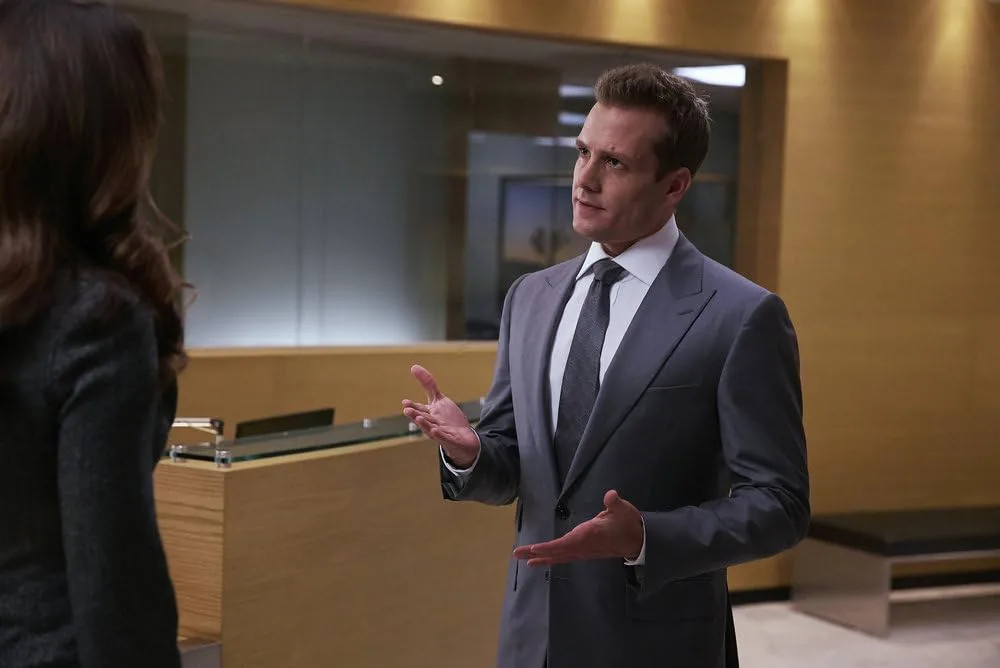Today, I’d like to write about the complexity of morality in choices and actions. One purpose of stories is that they can provide a map to give us directions for good and moral choices. The difficulty with maps however, is that they are not the terrain they are made to represent. We have to carefully take into account their abstraction and the context in which we use them.
Imagine we have a metro schematic, but it doesn’t reveal the city it represents. If we use it successfully in Paris, we might be inclined to think it works for every metro network in Europe. However, when we try it out in Rome, we get terribly lost. By taking the context into account, we come to understand that it only works in Paris.
In the same sense, a moral rule that we learned from a particular story, doesn’t have to work in a completely different scenario. To illustrate this, I’d like to turn to the popular zombie horror game series and its series adaptation The Last of Us (spoilers ahead).
Surviving in an infected world
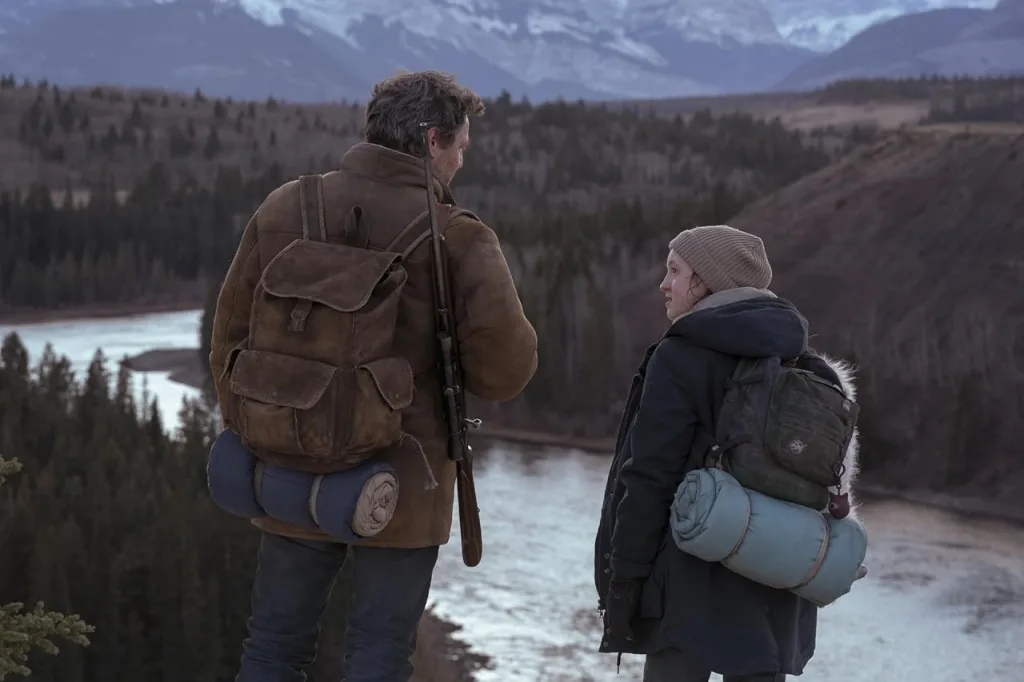
Two decades after a global Cordyceps pandemic collapses society, a hardened survivor named Joel (Pedro Pascal) takes on a dangerous mission: escort a teenage girl, Ellie (Bella Ramsey), across a post-apocalyptic America. Ellie turns out to be immune to the fungal infection. This immunity makes her exceedingly valuable and a desired research object for a potential cure. Escaping from Boston, they traverse a world ravaged by both the infected and desperate survivors towards Utah, where a research lab is busy finding a cure to save mankind.
On their journey, they meet many survivors, all of them struggling with extremely complex moral choices. Due to the scarcity of resources and the probability of getting infected, most survivors follow the philosophy of “kill or get killed”. The ruling government, FEDRA, executes infected and misbehaving citizens on sight. In their desperation, survivors resort to unspeakable horrors, merely murdering for scraps of food or even body parts. When playing the game, I was horrified to see multiple piles of children lying dead under a blanket, as their parents had decided to kill them to save them from the rampant horrors of the world.
In these grim circumstances, we learn that it is very hard to distinguish good from evil. The moral maps people once followed are no longer reliable. Being kind and welcoming is an almost certain recipe for death and deceit. Trust is hard to come by.
By now, we come to understand that The Last of Us is really good at making us doubt the validity of our moral compasses. At the end of The Last of Us Part I, however, we probably find the most difficult and controversial moral decision of the story. Before we dive into it, we must consider that, in our world, sacrificing oneself for the benefit of the many is often seen as a heroic deed. Let’s see that even this map can not be universally applied.
Joel’s decision
After their journey full of fright and dangers, Joel and Ellie near the hospital where doctors are researching for a cure for the fungal infection. Almost there, they are ambushed by soldiers guarding the lab. Joel, who was knocked unconscious during the ambush, wakes to a devastating truth: the doctors are about to operate on Ellie, extracting brain samples to study her immunity. The procedure will kill her.
After their perilous route from Boston to the research lab, Joel and Ellie have built a special bond. The two have saved each other’s lives countless times. After 20 years, Joel has finally opened up to someone and now genuinely cares for Ellie. She is all he has.
So after hearing about the operation on Ellie, Joel makes his decision. Joel overpowers the soldiers escorting him out, takes a rifle, and fights his way through the hospital towards the operating room. On his way, he kills innocent doctors and soldiers that have surrendered. In the operating room, the surgeon refuses to give Ellie up. Joel, desperate, is forced to kill him too. He carries Ellie, limp and pale in his arms, outside.
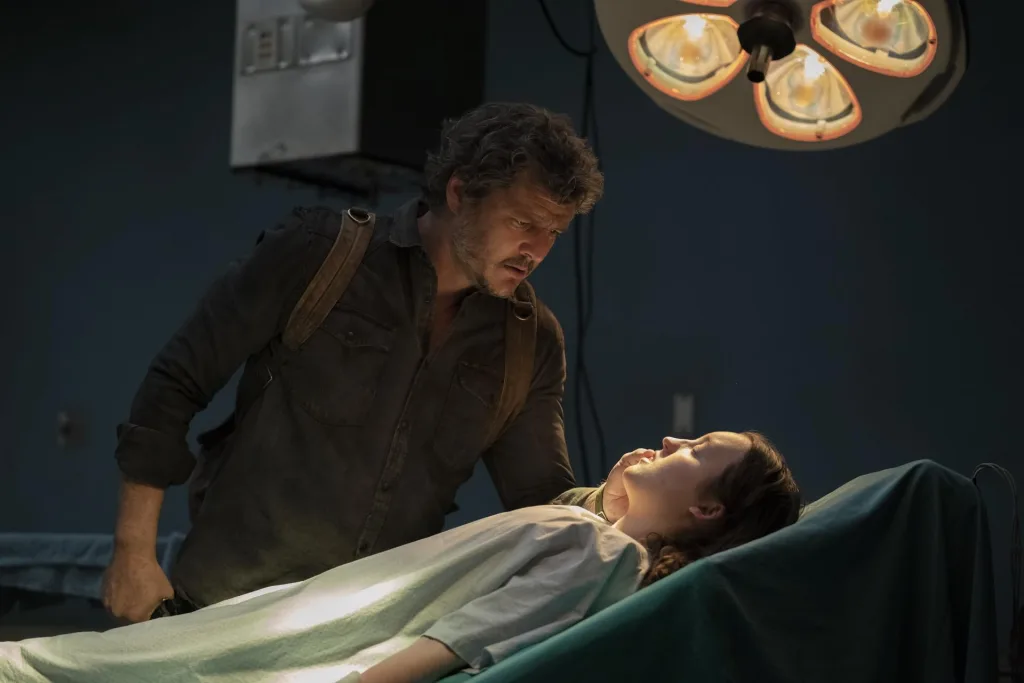
In the parking garage, Marlene, one of the leaders in the lab, blocks their escape. ‘There’s still time to do the right thing’ she pleads. Joel fires his gun, hidden underneath Ellie. Marlene, slowly dying, begs for her life, but Joel is resolute. He kills her too.
Was it the right thing to do?
It’s important to note that at the beginning of the series, Joel faces a similar situation. Fleeing his hometown, he carries his daughter Sarah in his arms and encounters a lone soldier on his way. The young man is instructed to kill everyone he sees, as they could be infected and compromise the safety of many other civilians and the military in the city. After hesitating for quite some time, the soldier makes his decision: he shoots the completely defenseless Joel and Sarah. She dies.
We can see quite some similarities between the two situations where Joel is carrying a defenseless teenager girl, trying to escape. And from that, it is not surprising Joel chooses to save Ellie. In essence, Joel’s decision is about saving Ellie or serving the greater good, just as the soldier had to decide between saving Joel and his daughter and protecting the safety of everyone else in the city. The soldier chose to serve the many, and ended up killing an innocent girl that wasn’t even infected. And would the death of Sarah, if she actually were infected, really have prevented the city from being overrun by all the other zombies?
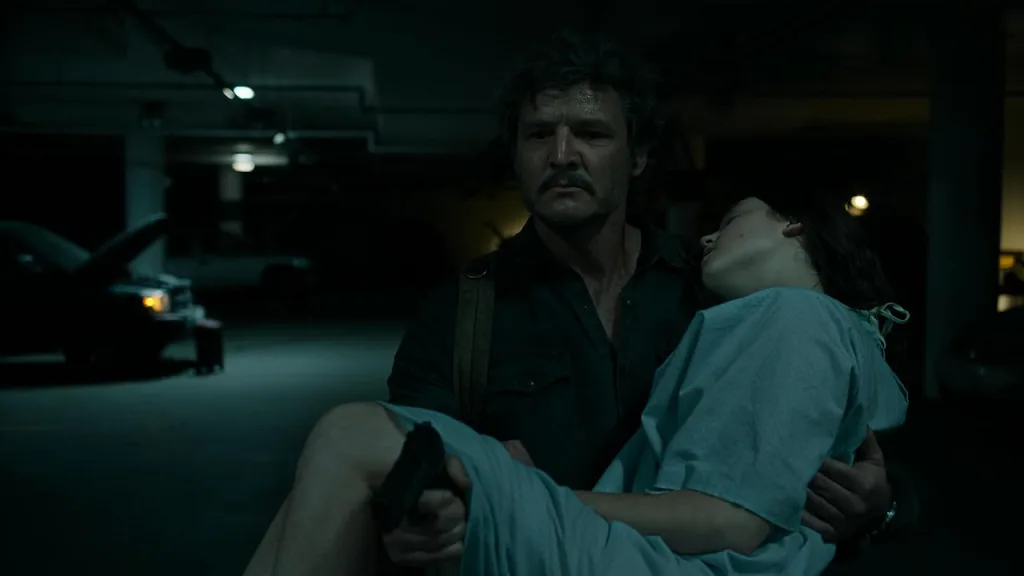
After losing Sarah, Joel chooses Ellie. After all, how likely is it that a vaccine would actually be effective against Cordyceps? Were the doctors skilled enough to make one at all? How would they mass produce the vaccine without any proper facilities? What would be the plan for distributing it, given that the infrastructure is completely destroyed?
Intuitively, Joel knew that sacrificing Ellie would be in vain. And rightly so, he doesn’t let that happen again.
The evolving moral compass
Sacrificing the few for the many, without considering the context, is a shortsighted strategy at best. The story of the Last of Us indicates that before we can apply any moral map, we have to carefully assess the situation. At first glance, Joel’s actions appear monstrous, a selfish rampage against those trying to save humanity. But when we consider his past and the desperate world they inhabit, his actions become tragically understandable, even if not entirely justifiable.
Getting too rigid in your moral convictions is dangerous. Reality changes constantly, so the map you used before might not work anymore later on. Any scientific theory works only when we take into account where they are applied. Consider Newton’s laws, which no longer apply at the quantum scale.
Ultimately, there is no such thing as a one-size-fits-all model. I think that The Last of Us shows us that we have to engage with the world as it is, not with the illusions our beliefs create. Try to question your foundational assumptions from time to time and stay adaptable in your moral principles.
